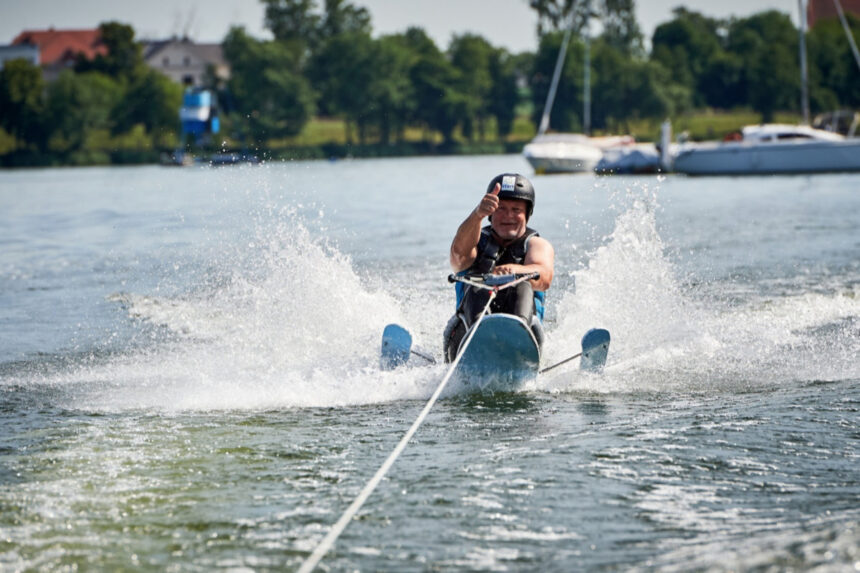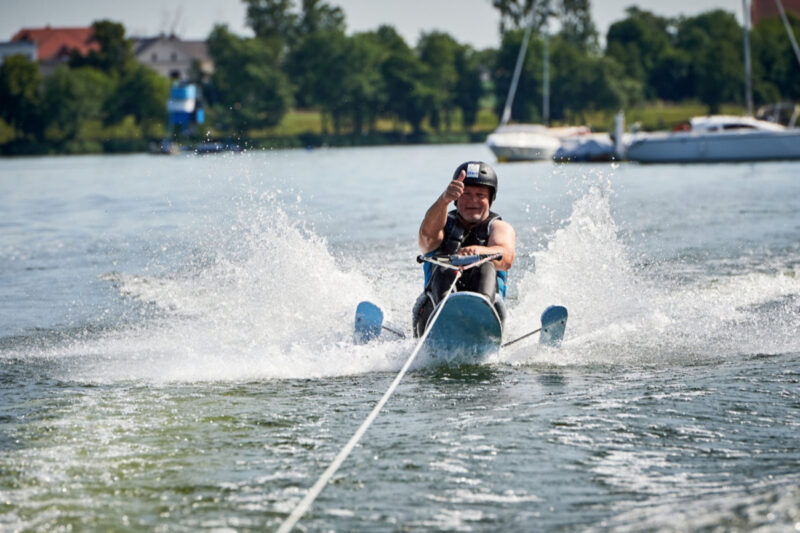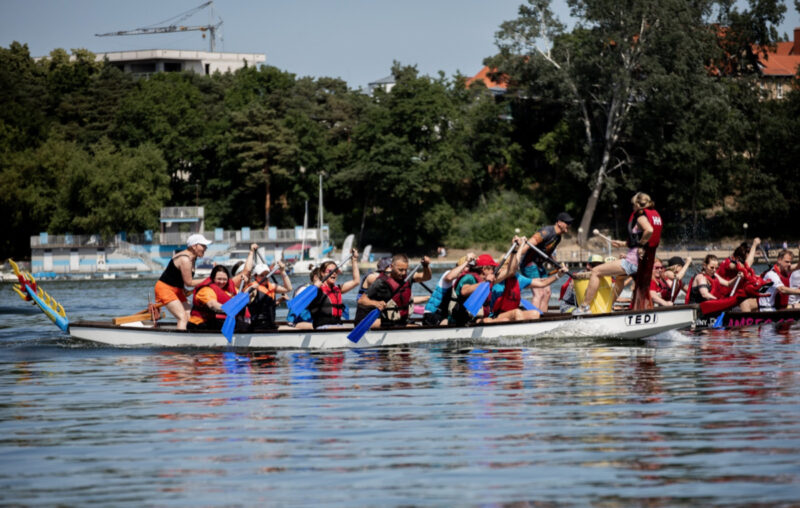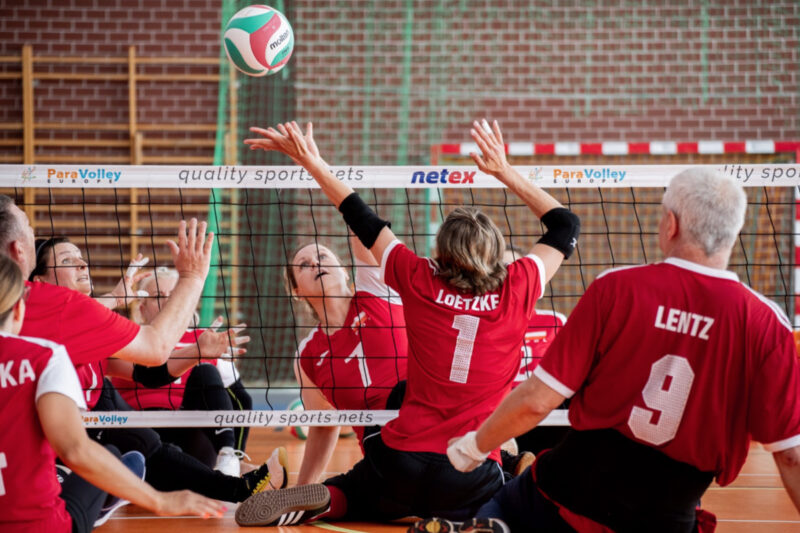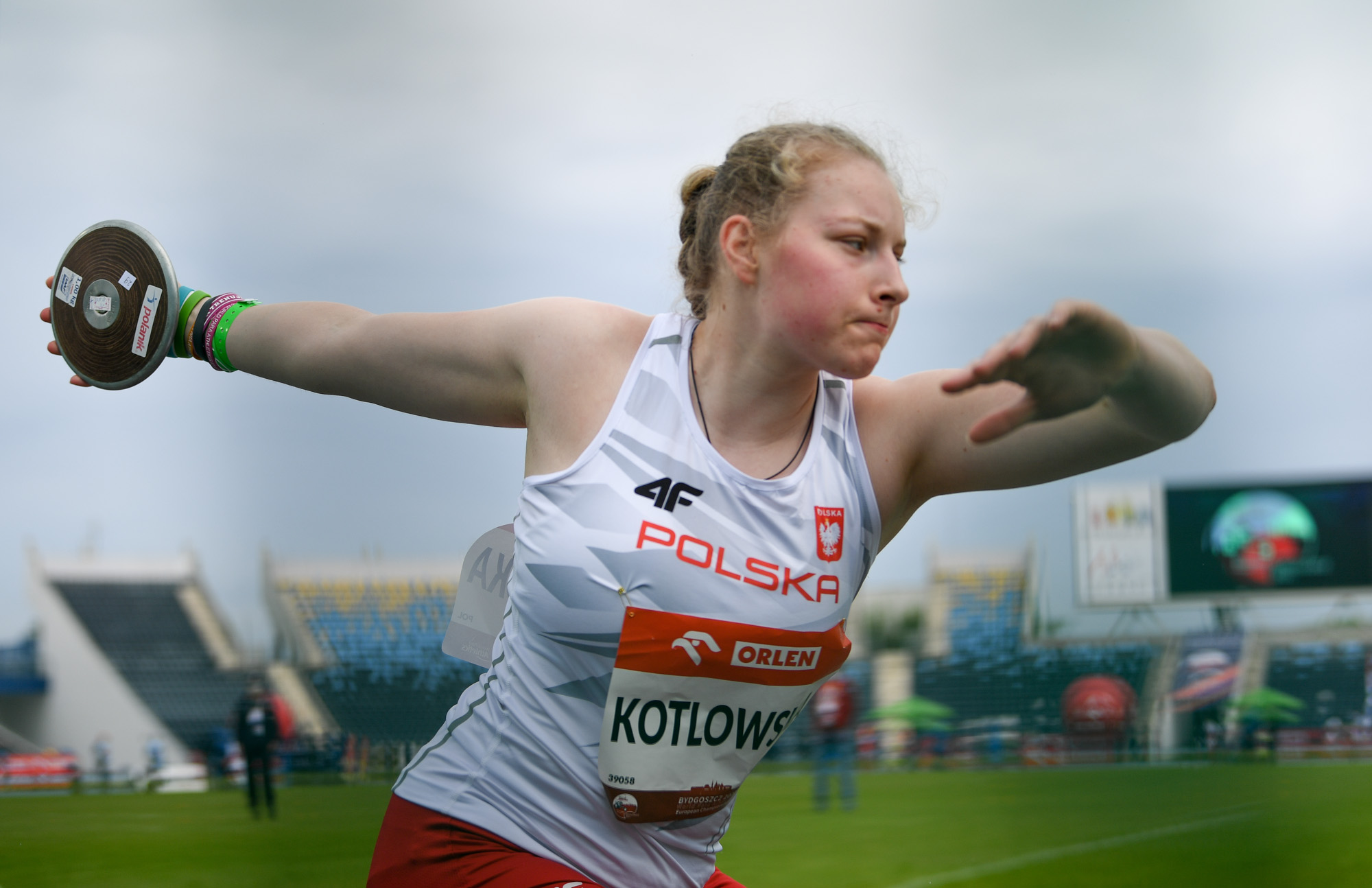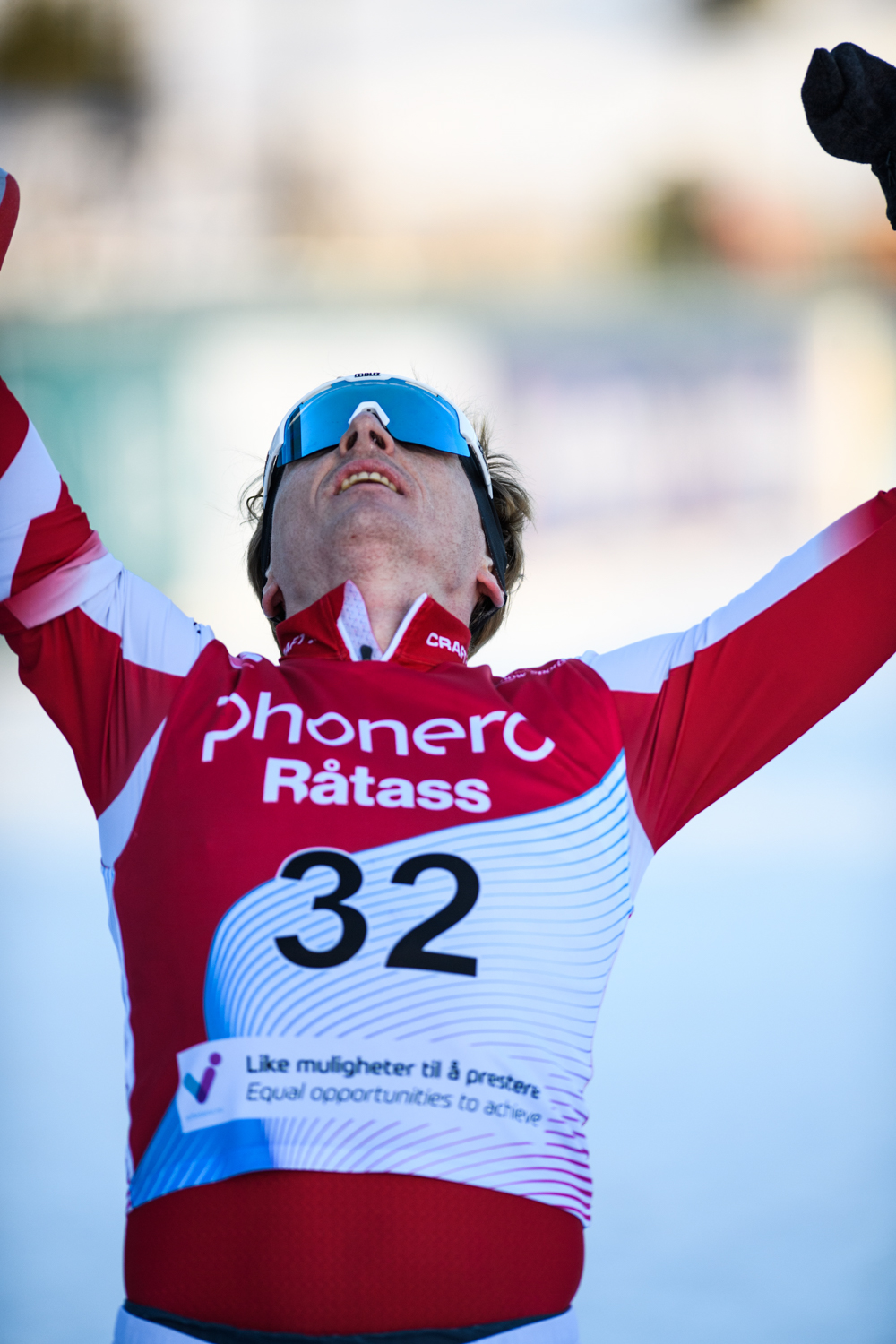The Dis+Abled European Summer Games came to an end, leaving unforgettable memories and moving emotions. The final chord of the sporting competition was the spectacular competition on the water and the final game of sitting volleyball.
Sailing boat, dragon boat and canoe races provided the participants with incredible emotions. On the charming Durowski Lake, spectators could admire the perseverance and strength of the competitors as they fought for victory on the water courses.
Water sports are an extremely exciting activity that combines both the beauty of nature and the skills of the athletes themselves. They also provide an excellent platform for the integration of people with disabilities, as through them, people with different types of dysfunction can actively participate in competition, raise their sporting level and enjoy training on the water. These values were emphasised by the Secretary General of the Polish Paralympic Committee, Romuald Schmidt.
„The lake in Wągrowiec is made for water sports. The Wielspin centre is adapted for people with disabilities, so accessibility to the water is just perfect for them. We want to give such an impulse that the ideas we pursue in Poland, also in terms of integration, find fertile ground abroad. We have had visitors from all over Europe, and we would very much like inclusive sport to connect players in other countries too.”
Dragon boat races are undoubtedly one of the most spectacular struggles on the water. They stem from a long tradition in Chinese cultures and are now enjoying increasing popularity around the world. In this discipline, usually between 10 and 20 paddlers compete in specially constructed boats, often decorated with colourful patterns and dragon heads on their bows.
Faustyna Andrzejak
Captain of the Poznan dragon boat team.
„Dragon boats originated in China, where they were sailed several thousand years ago. They came to Poland in the 1980s, and now there are clubs in every major city with competitors. The boats we sailed on in Wągrowiec are 10-person boats, but there are also 20-person boats. There is also always a drummer on the boat beating out the rhythm and a helmsman. During the training for volunteers and participants, we taught them how to sit on the boats, how to hold the oars correctly, similar to canoeists’ oars, and how to row them, and at the end we held races, which were full of excitement.”
Katarzyna Urbańska
Participant in the dragon boat race.
„I didn’t expect that sailing in a boat with 10 people you can get so tired. It was hot, but also wet and most importantly my team won, so I’m very happy.”
The competition in team sports closed with the final competition of the sitting volleyball tournament. This discipline is designed for people with mobility impairments and the rules of the game are very similar to those known from classic volleyball. The match lasts until three sets are won, and a set is won by the team that scores 25 points with a two-point lead.
Under exceptional circumstances, able-bodied players can also participate in this sport. This usually happens at amateur competitions and sparring matches. On the field, however, non-disabled players have no advantage over players with disabilities, so the competition is particularly interesting.
Adam Malik
Coach of the Polish women’s national sitting volleyball team.
„We even played against non-disabled players from the extraliga, where the players often lost to our teams. This shows how interesting this sport is. It certainly integrates both environments in a great way.”
The Dis+Abled European Summer Games were organised by the Polish Paralympic Committee. The event was co-financed by the European Union’s Erasmus + programme. The event was held under the honorary patronage of the Ministry of the Environment and Climate and the Minister of Sport and Tourism Kamil Bortniczuk. Media patrons of the event include TVP Sport, TVP 3 Poznań, Polish Radio and the portal niepelnosprawni.pl.
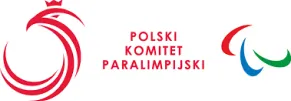
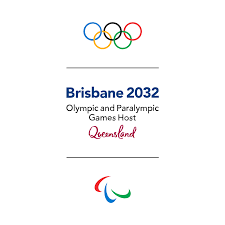 Brisbane 2032
Brisbane 2032
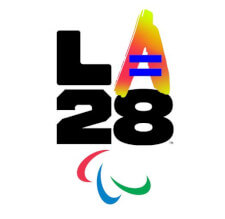 Los Angeles 2028
Los Angeles 2028
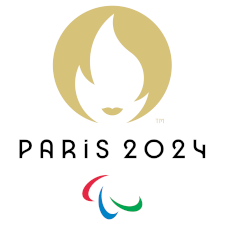 Paryż 2024
Paryż 2024
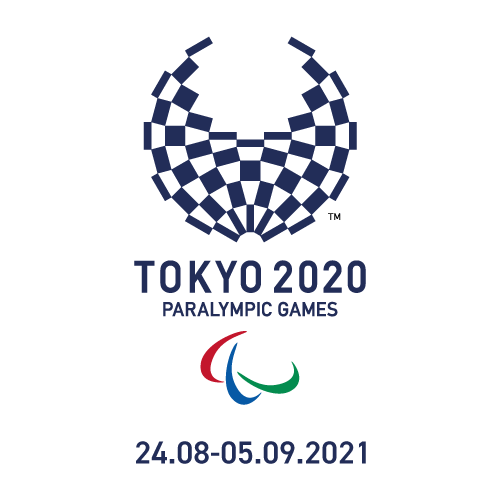 Tokio 2020
Tokio 2020
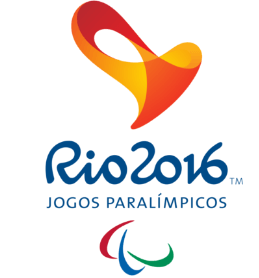 Rio de Janeiro 2016
Rio de Janeiro 2016
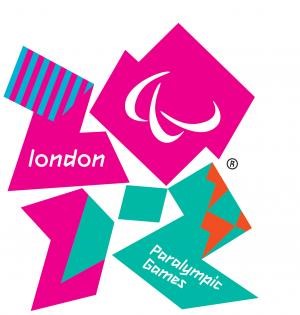 Londyn 2012
Londyn 2012
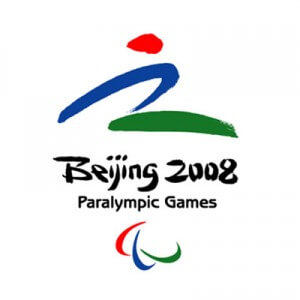 Pekin 2008
Pekin 2008
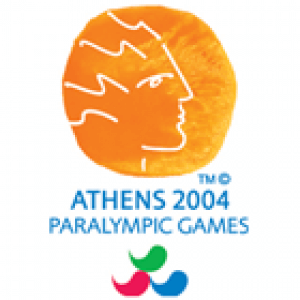 Ateny 2004
Ateny 2004
 Sydney 2000
Sydney 2000
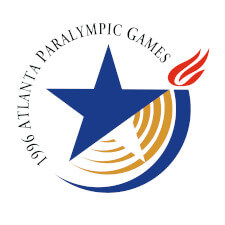 Atlanta 1996
Atlanta 1996
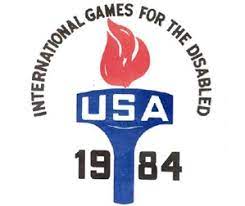 Nowy Jork/Stoke Mandeville 1984
Nowy Jork/Stoke Mandeville 1984
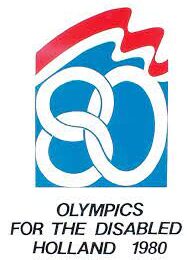 Arnhem 1980
Arnhem 1980
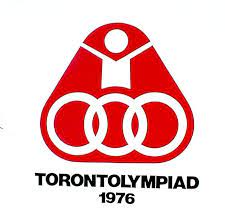 Toronto 1976
Toronto 1976
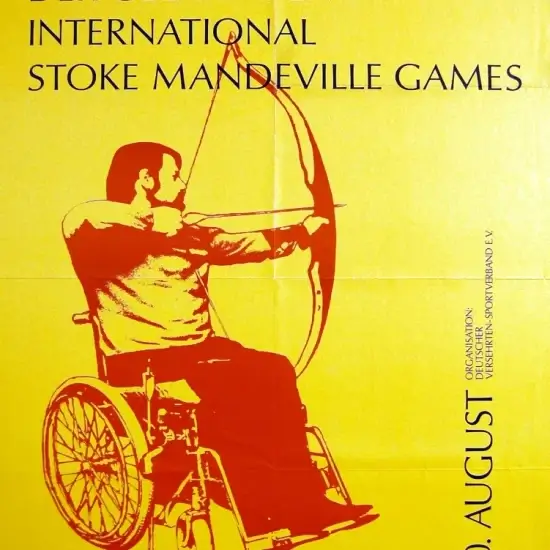 Heidelberg 1972
Heidelberg 1972
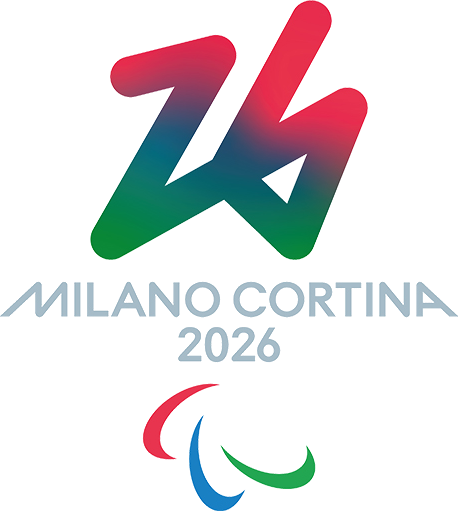 Milano Cortina 2026
Milano Cortina 2026
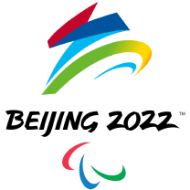 Pekin 2022
Pekin 2022
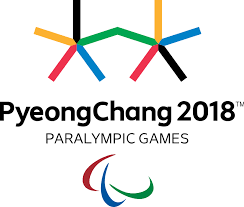 PyeongChang 2018
PyeongChang 2018
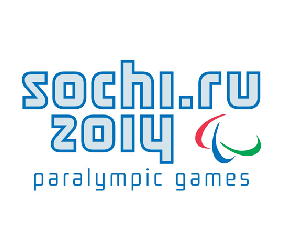 Sochi 2014
Sochi 2014
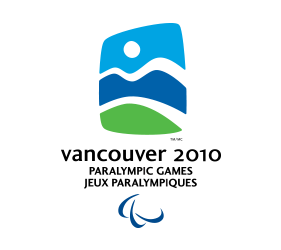 Vancouver 2010
Vancouver 2010
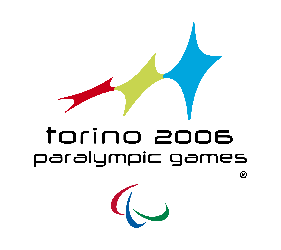 Turyn 2006
Turyn 2006
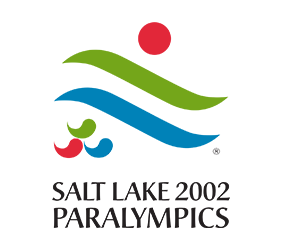 Salt Lake City 2002
Salt Lake City 2002
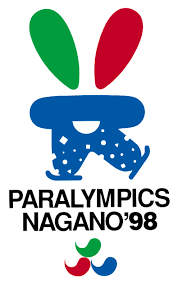 Nagano 1998
Nagano 1998
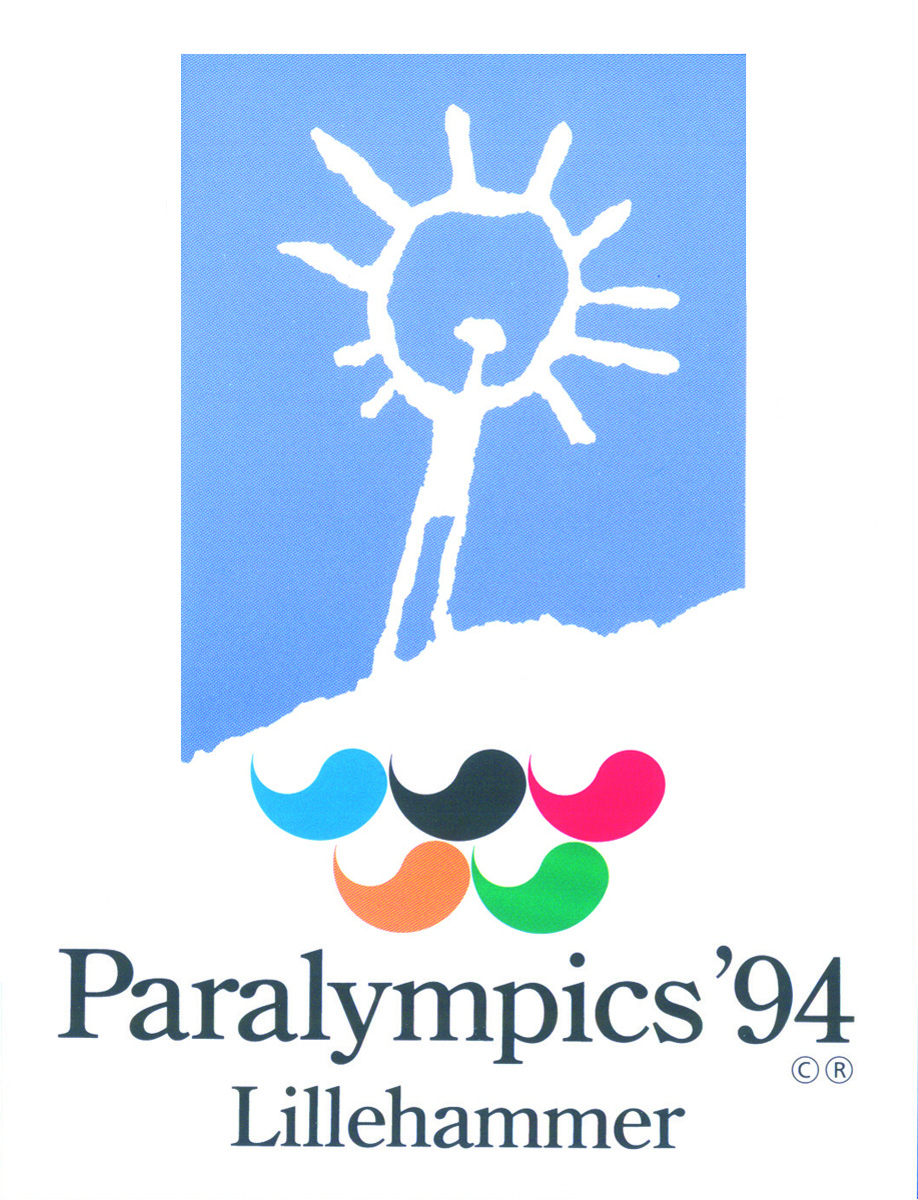 Lillehammer 1994
Lillehammer 1994
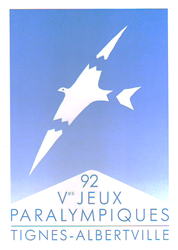 Albertville 1992
Albertville 1992
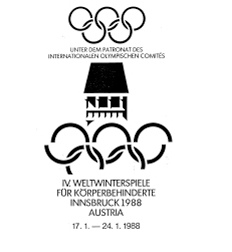 Innsbruck 1988
Innsbruck 1988
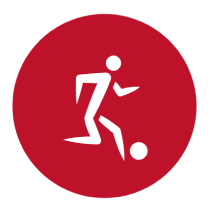 Blind football
Blind football
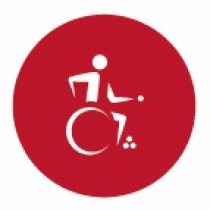 Boccia
Boccia
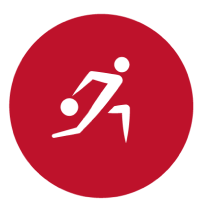 Goalball
Goalball
 Koszykówka na wózkach
Koszykówka na wózkach
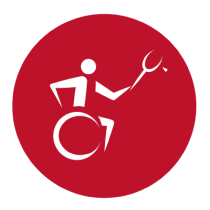 Parabadminton
Parabadminton
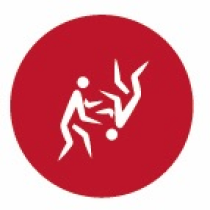 Parajudo
Parajudo
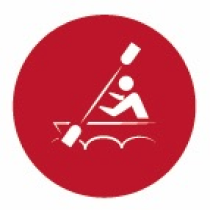 Parakajakarstwo
Parakajakarstwo
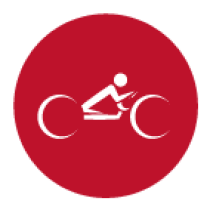 Parakolarstwo
Parakolarstwo
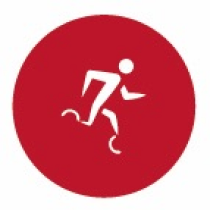 Paralekkoatletyka
Paralekkoatletyka
 Parałucznictwo
Parałucznictwo
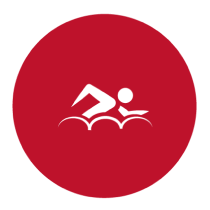 Parapływanie
Parapływanie
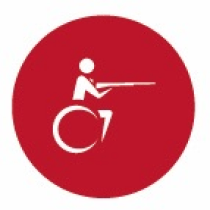 Parastrzelectwo
Parastrzelectwo
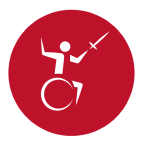 Paraszermierka
Paraszermierka
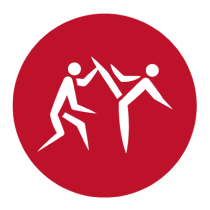 Parataekwondo
Parataekwondo
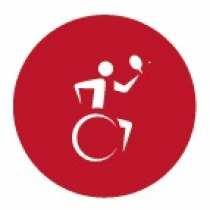 Paratenis stołowy
Paratenis stołowy
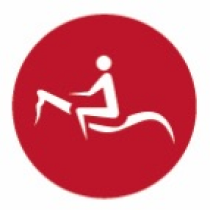 Paraujeżdżenie
Paraujeżdżenie
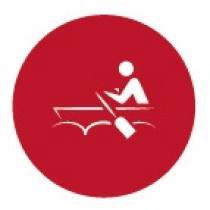 Parawioślarstwo
Parawioślarstwo
 Podnoszenie ciężarów
Podnoszenie ciężarów
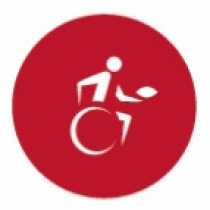 Rugby na wózkach
Rugby na wózkach
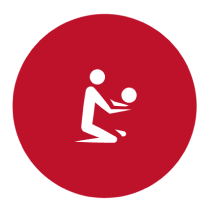 Siatkówka na siedząco
Siatkówka na siedząco
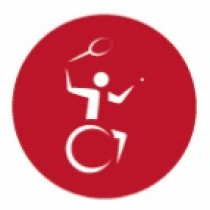 Tenis na wózkach
Tenis na wózkach
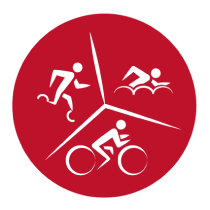 Paratriathlon
Paratriathlon
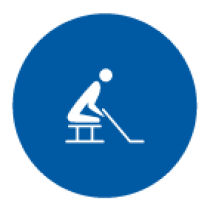 Parahokej
Parahokej
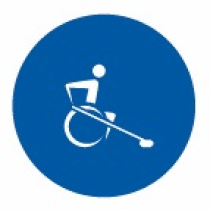 Paracurling
Paracurling
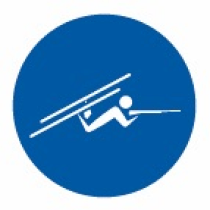 Parabiathlon
Parabiathlon
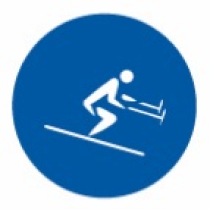 Paranarciarstwo alpejskie
Paranarciarstwo alpejskie
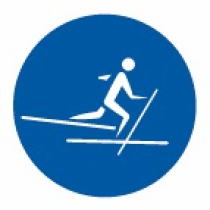 Paranarciarstwo biegowe
Paranarciarstwo biegowe
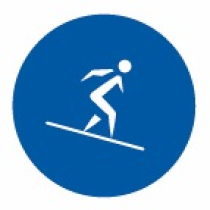 Parasnowboard
Parasnowboard



